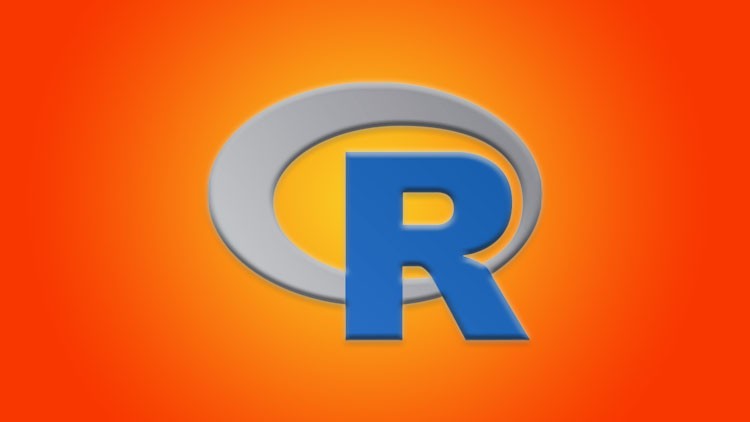
R Programming Language Course Suitable For Everyone, Learn R Data Structures, R Graphics, R Statistical Analysis & Mores
What you will learn
Understanding R Programming Language
Learn Fundamentals of R Programming
R Data Structures
R Statistical Analysis
Plotting Data Using in R
Develop Your Own Functions
Analyzing Real Datasets
R Graphics
Add-On Information:
Note➛ Make sure your 𝐔𝐝𝐞𝐦𝐲 cart has only this course you're going to enroll it now, Remove all other courses from the 𝐔𝐝𝐞𝐦𝐲 cart before Enrolling!
- Embark on a comprehensive journey through the versatile R programming language, a cornerstone for data analysis and statistical computing.
- Master the art of data manipulation and transformation, enabling you to clean, reshape, and prepare raw data for insightful analysis.
- Discover the power of exploratory data analysis (EDA), uncovering patterns, anomalies, and relationships within your datasets to inform decision-making.
- Explore a variety of statistical modeling techniques, from basic inference to more advanced regression and hypothesis testing, to draw meaningful conclusions.
- Develop a strong foundation in creating visually compelling data representations that communicate complex findings effectively to diverse audiences.
- Understand the principles of reproducible research, ensuring your analyses are transparent, verifiable, and shareable.
- Gain proficiency in leveraging R’s extensive package ecosystem, tapping into specialized tools for everything from machine learning to bioinformatics.
- Learn to automate repetitive data tasks, freeing up valuable time for deeper interpretation and strategic thinking.
- Cultivate the ability to think computationally and approach data challenges with a structured, programmatic mindset.
- Build confidence in interpreting statistical outputs and translating them into actionable business or research insights.
- Acquire the skills to build custom analytical workflows tailored to specific project requirements and research questions.
- Explore best practices for writing clean, efficient, and maintainable R code.
- Understand the fundamental concepts of algorithmic thinking as applied to data problems.
- Become adept at troubleshooting and debugging R code, a crucial skill for any programmer.
- Gain exposure to data visualization best practices to ensure clarity and impact in your graphical outputs.
- PROS:
- Extremely practical with direct applicability to real-world data science scenarios.
- Builds a solid foundation for further learning in advanced statistical methods and machine learning.
- CONS:
- The sheer breadth of R’s capabilities may feel overwhelming initially for absolute beginners.
English
language